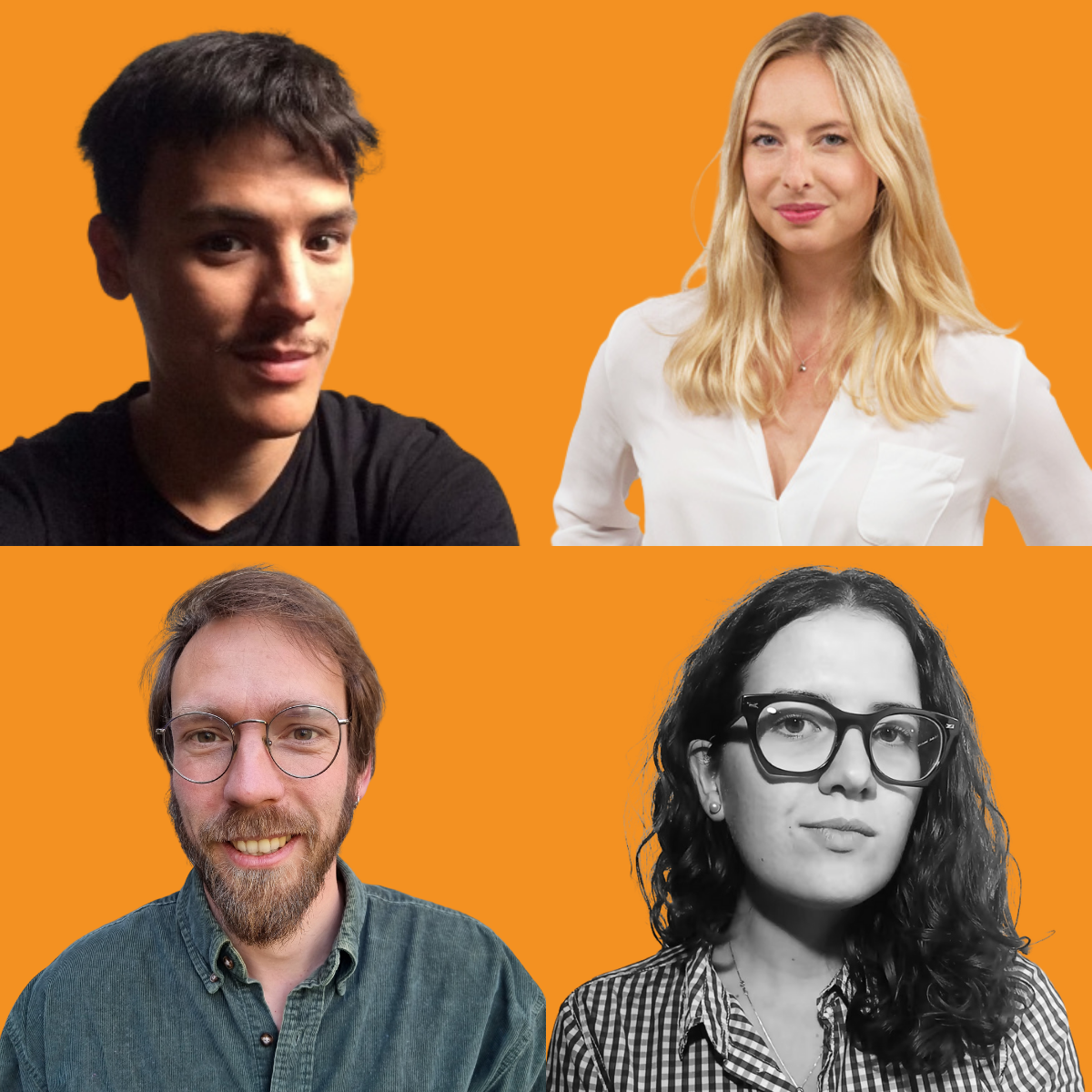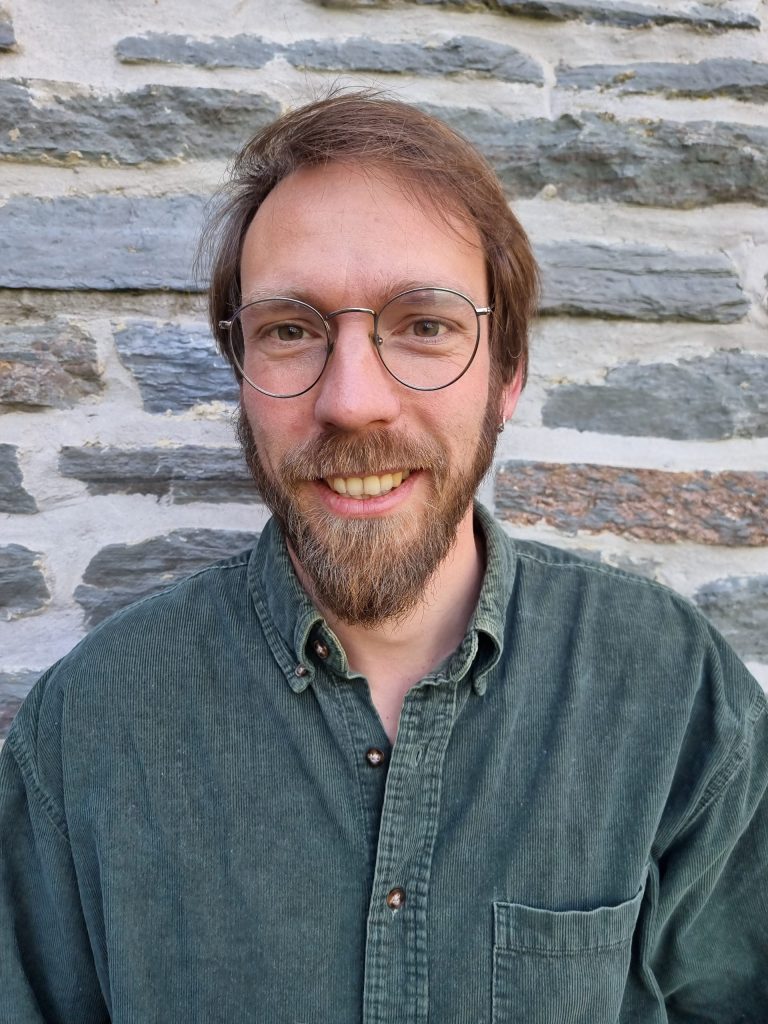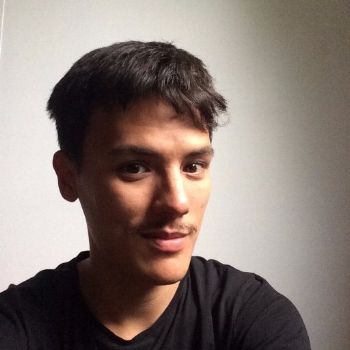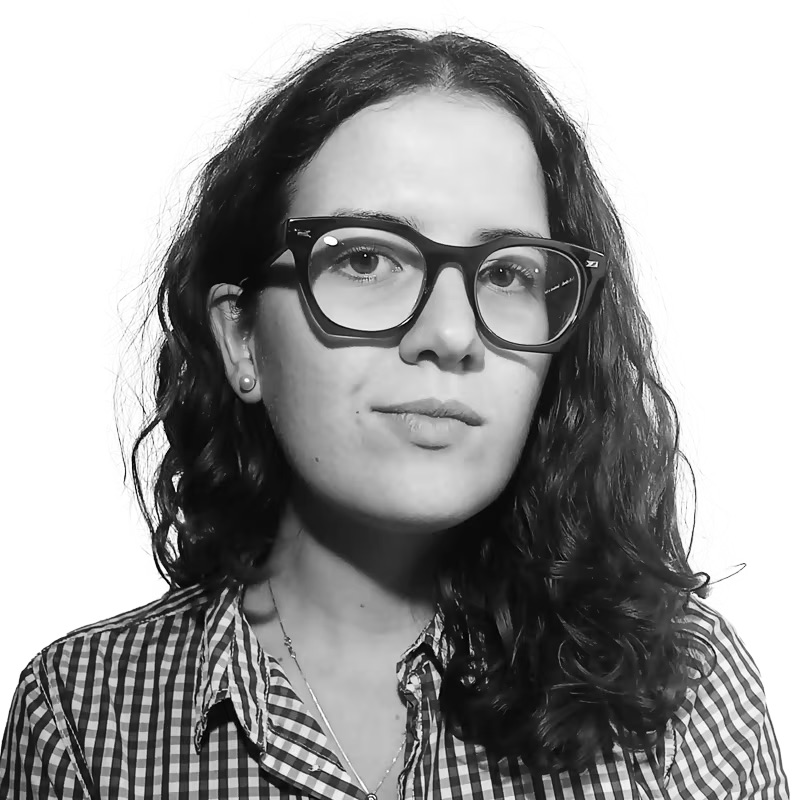
April 7, 2025
Announcing the 2025 Environmental Investigators Citizen Journalism Fellows
We are pleased to announce the selected fellows for the Environmental Investigators: A Citizen Journalism Fellowship. Following a highly competitive selection process, during which we received numerous outstanding applications from talented environmental journalists across Europe, we have identified four exceptional individuals. These fellows will now embark on a rigorous and collaborative investigative journalism journey, contributing […]
We are pleased to announce the selected fellows for the Environmental Investigators: A Citizen Journalism Fellowship. Following a highly competitive selection process, during which we received numerous outstanding applications from talented environmental journalists across Europe, we have identified four exceptional individuals. These fellows will now embark on a rigorous and collaborative investigative journalism journey, contributing to impactful environmental reporting.
Investigation: Endangered Hedges in the Heart of Europe: Mapping the Damage and Tracking Resilience

Julien De Bundel, Belgium
Julien is a passionate environmental anthropologist and freelance investigative
journalist based in Belgium. Driven by a commitment to environmental and social justice, he specializes in grassroots ecosystem and water restoration movements, with a keen focus on exposing controversies in nature management. His work merges regenerative and political ecology to explore the intricate relationships between societies and ecosystems.
Julien aims to mobilise and train citizens to document and monitor past and present hedgerows in central Belgium. Using research tools such as satellite imagery and historical cartography, his mission is twofold: to empower local communities to critically investigate their own environments—shedding light on illegal hedge destruction—while uncovering the hidden legacy of pre-industrial hedgerows that often go unnoticed. In doing so, he hopes to bring to the forefront the crucial role hedgerows play in maintaining biodiversity and ensuring the survival of pollinators we all depend on.
Investigation: Staying Cool: Mapping Heat Vulnerability to Protect At-Risk Communities in Barcelona and Paris

Natalie Donback, Spain
Natalie is an independent journalist based in Barcelona where she covers climate change, human rights, and politics for various international publications. Her work has appeared in TIME Magazine, The Guardian, Grist, Devex, Hyphen, Rest of World, The BBC, Mongabay, Context, and many other outlets. She was previously an editor and reporter at Devex, covering global health and the humanitarian sector. Natalie’s investigative work has received grant support from Journalismfund Europe, Investigative Journalism for Europe, and the Magmatic School of Environmental Journalism where she’s a fellow focused on mining and extractive industries.

Peter Yeung, France
Peter is an award-winning freelance journalist based in Paris who covers a broad range of beats including climate, global health, migration, human rights, and cities, often through a critical, solutions-orientated lens. He specialises in on-the-ground reporting about under-covered issues involving and giving a voice to the world’s most marginalised groups. He has written for a number of publications including The Guardian, National Geographic, The BBC, The Washington Post, The New York Times, NPR, and CNN.
Natalie and Peter will collaboratively explore how poorer communities in Paris’ suburbs and vulnerable groups in Barcelona are disproportionately affected by extreme heat, exacerbated by urban infrastructure and socio-economic disparities. In Aubervilliers, Paris, a high-poverty area, residents face severe heat risks due to concrete-dominated landscapes. Meanwhile, Barcelona – a city projected to have the highest heat-related deaths in Europe – is implementing climate adaptation measures, though gaps remain. In this cross-border investigation, heat vulnerability mapping and citizen journalism will help identify at-risk populations, advocating for solutions, and fostering collaboration between residents, researchers, and policymakers to ensure effective, equitable climate resilience strategies.
Investigation: Italy’s Hazelnut Boom: Intensive Farming Threatens Public Health and Ecosystems

Francesca Polizzi, Italy
Francesca Polizzi is a freelance journalist based in Rome and specializing in gender issues and the climate crisis. Born in Sicily, she holds multiple degrees in journalism, media, and gender studies. She contributes to Domani Editoriale, Green European Journal, and many other outlets. She has experience in investigative reporting, PR, and content writing, and has worked with organizations like Greenpeace Italia.
Passionate about storytelling and media, her work focuses on amplifying underrepresented voices, exposing structural inequalities, and promoting social and environmental justice.
Francesca will explore Lake Vico, a designated Site of Community Interest just outside of Rome that faces severe ecological degradation due to intensive hazelnut farming. Eutrophication, driven by excessive fertiliser use and industrial waste, has led to pollution and the proliferation of carcinogenic red algae, threatening both biodiversity and public health. Multinational corporations exploit the land, bypassing environmental regulations, while local communities bear the consequences. In response, grassroots organisations and citizen-led initiatives are mobilising to monitor pollution, advocate for sustainable farming, and demand policy changes.
About the Fellowship
This program supports journalists in integrating citizen participation into environmental investigations. The fellows will receive expert mentorship, training, and a 1,000 EUR grant to develop groundbreaking investigations that engage local communities.
Throughout the fellowship, our selected journalists will:
- Participate in training sessions with seasoned investigative journalists.
- Work with citizens as co-investigators in environmental reporting.
- Publish impactful investigative stories by the end of the year.
What’s Next?
- May 2025: Fellowship kick-off with training sessions.
- May – September 2025: Mentorship and collaborative investigations.
- December 2025: Publication of final investigations.
This fellowship is made possible with the support of Journalismfund Europe and the expertise of Seek Initiative, a non-profit dedicated to fostering investigative collaborations between journalists and communities.
Congratulations to our fellows. We look forward to seeing their impactful investigations unfold.

